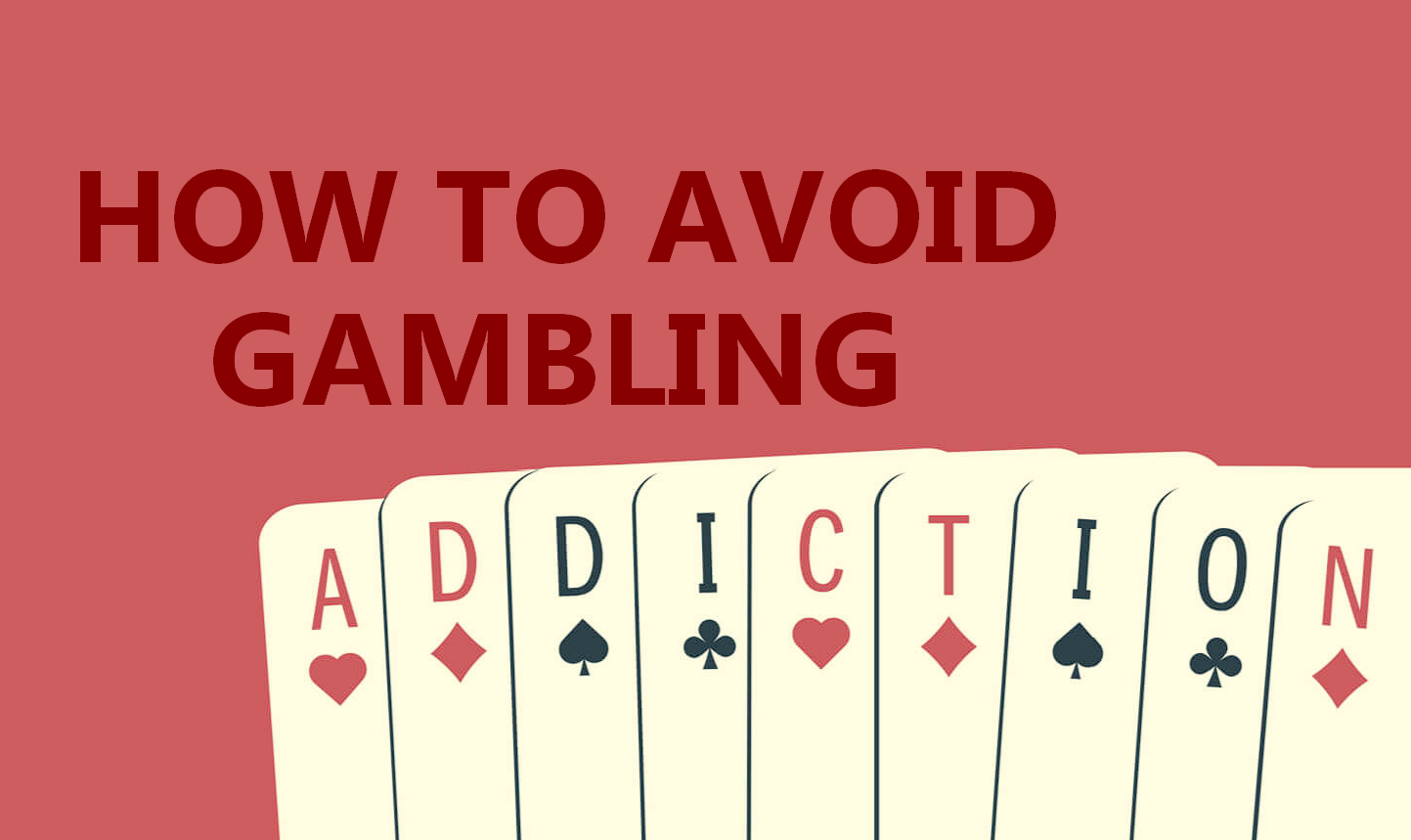Gambling can be an exciting and entertaining activity, but it also carries the risk of addiction. For bettors, understanding the signs of gambling addiction and taking proactive measures to avoid it is crucial. This article provides insights and strategies to help you enjoy gambling responsibly and avoid falling into the trap of addiction.
Understanding Gambling Addiction
Gambling addiction, also known as compulsive gambling or gambling disorder, is a serious condition that can have devastating consequences on an individual’s life. It is characterized by the inability to control the urge to gamble, leading to financial, emotional, and social problems.
Signs of Gambling Addiction
- Preoccupation with Gambling: Constantly thinking about gambling and planning the next betting session.
- Increasing Bets: Needing to gamble with increasing amounts of money to achieve the desired excitement.
- Chasing Losses: Attempting to win back losses by gambling more.
- Lying About Gambling: Hiding the extent of gambling activities from friends and family.
- Financial Problems: Borrowing money or selling possessions to fund gambling activities.
- Neglecting Responsibilities: Prioritizing gambling over work, family, and social obligations.
Setting Boundaries and Limits
One of the most effective ways to avoid gambling addiction is to set clear boundaries and limits for your betting activities.
Financial Limits
- Budgeting: Set a budget for your gambling activities and stick to it. Only gamble with money you can afford to lose.
- Deposit Limits: Use features offered by betting platforms to set deposit limits. This helps you control how much money you can deposit into your account.
- Loss Limits: Set loss limits to prevent chasing losses. Once you reach your loss limit, stop gambling for the day.
Time Limits
- Session Limits: Set a time limit for each gambling session. Use alarms or reminders to help you stick to your limits.
- Breaks: Take regular breaks from gambling to engage in other activities. This helps prevent gambling from becoming an obsessive behavior.
- Scheduled Gambling: Plan your gambling sessions in advance and stick to the schedule. Avoid impulsive gambling.

Developing Healthy Gambling Habits
Developing healthy gambling habits can help you enjoy betting responsibly and reduce the risk of addiction.
Responsible Gambling Practices
- Education: Learn about the odds and probabilities of different betting options. Understanding the risks can help you make informed decisions.
- Record Keeping: Keep a record of your gambling activities, including wins, losses, and the time spent gambling. This helps you track your habits and identify any problematic behaviors.
- Avoid Emotional Gambling: Do not gamble when you are feeling stressed, depressed, or anxious. Emotional gambling can lead to impulsive decisions and increased risks.
Alternative Activities
- Hobbies: Engage in hobbies and activities that you enjoy. This can help you reduce the time spent on gambling and provide a healthy outlet for stress.
- Social Interactions: Spend time with friends and family. Social interactions can provide emotional support and reduce the urge to gamble.
- Exercise: Regular physical activity can help reduce stress and improve your overall well-being, making it easier to resist the urge to gamble.
Seeking Support and Help
If you or someone you know is struggling with gambling addiction, seeking support and help is essential.
Professional Help
- Therapy: Consult a therapist or counselor who specializes in gambling addiction. They can provide guidance and support to help you overcome your addiction.
- Support Groups: Join support groups such as Gamblers Anonymous. These groups provide a safe and supportive environment where you can share your experiences and learn from others.
- Hotlines: Call gambling addiction hotlines for immediate support and resources.
Self-Help Strategies
- Self-Exclusion: Use self-exclusion features offered by betting platforms to temporarily or permanently exclude yourself from gambling activities.
- Mindfulness: Practice mindfulness and meditation to reduce stress and improve your emotional well-being. This can help you resist the urge to gamble.
- Journaling: Keep a journal to track your thoughts and feelings related to gambling. This can help you identify triggers and develop strategies to manage them.
The Role of Technology in Responsible Gambling
Technology plays a crucial role in promoting responsible gambling and helping bettors avoid addiction.
Gambling Management Tools
- Apps: Use apps designed to help you manage your gambling activities. These apps can track your spending, set limits, and provide reminders to take breaks.
- Browser Extensions: Install browser extensions that block access to gambling websites. This can help you resist the urge to gamble impulsively.
- Alerts: Set up alerts and notifications to remind you of your gambling limits and help you stick to your boundaries.
Online Resources
- Educational Websites: Visit websites that provide information and resources on responsible gambling. These websites offer tips, strategies, and support for avoiding gambling addiction.
- Forums: Participate in online forums and communities where you can share your experiences and learn from others who are also trying to avoid gambling addiction.
- Webinars: Attend webinars and online workshops that focus on responsible gambling and addiction prevention.
Conclusion
Avoiding gambling addiction requires a proactive approach and a commitment to responsible gambling practices. By setting boundaries, developing healthy habits, seeking support, and utilizing technology, you can enjoy gambling responsibly and reduce the risk of addiction. Remember that gambling should be a form of entertainment, not a way to make money or escape from problems. If you or someone you know is struggling with gambling addiction, do not hesitate to seek help and support.

